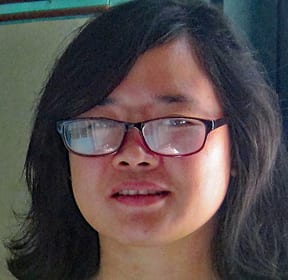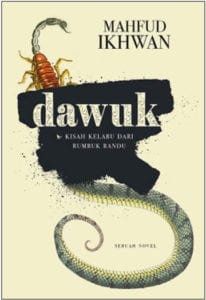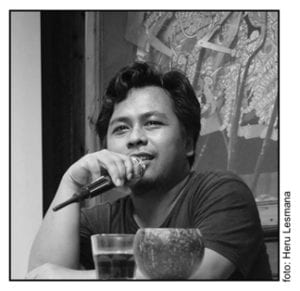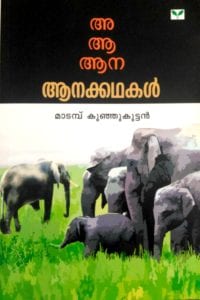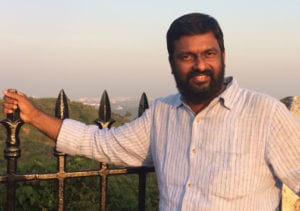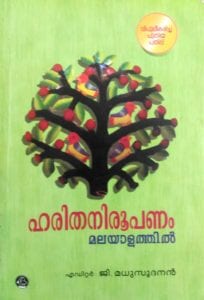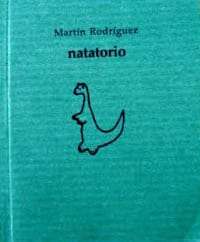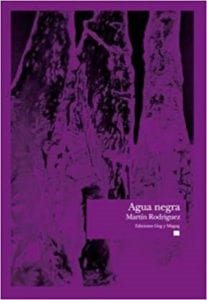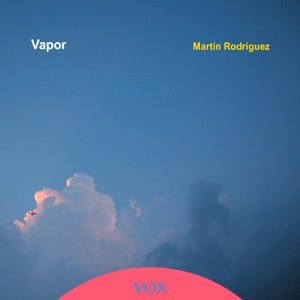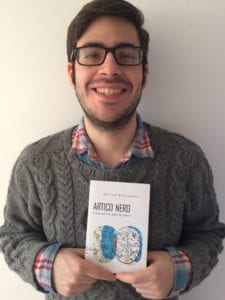The ASLE Translation Grants committee is delighted to report that we received a record number of submissions this year. Of the large array of excellent proposals to translate ecocritically relevant texts from all over the world, we selected five exceptional translation projects to fund. These include the following:
Chi P. Pham and Chitra Sankaran, translating ten selected short Vietnamese stories from various authors. As the translators note: “For our project, which we have provisionally entitled Eco-Narratives from Vietnam, we propose to translate into English, ten Vietnamese short stories on ecology by prominent contemporary Vietnamese writers. Many of these stories have been in active circulation in Vietnam since 1986, the ‘Year of the Reform’, when Vietnamese artists were politically and culturally ‘liberated’ and engaged with great commitment in criticizing, among other things, the government’s environmental policies and ways in which these were enmeshed in economic strategies and schemes for so-called national progress.”
Annie Tucker will translate the contemporary award-winning Indonesian novel from Mahfud Ikhwan, a rising star in the burgeoning Indonesian literary scene on illegal logging from Fade to Black: A Dark Tale from Cottonwood Grove, which she describes as a tale “of love, murder, and revenge told against the backdrop of local political intrigue and social strife stemming from a long history of forest mismanagement.”
Rayson Alex, India-Malayalam will translate two texts from Malayalam, one with critical essays on environmental topics, Ecocriticism in Malayalam, and the other including short stories, Those Elephant Stories. Of the ecocritical volume, Alex notes that “G. Madhusoodanan, the editor of the volume, is probably the first to coin the term Harithaniroopanam (literally, green criticism) in Malayalam language.” And of the stories, he writes: “The booklet is a personal narrative of a Mahout-turned prose writer, poet, novelist, script writer and film actor (Malayalam film industry), Madampu Kunjukuttan, who narrates the stories of famous elephants attached to the Guruvayoor temple, Thrissur, in Kerala, South India.”
Valeria Meiller is compiling an Argentinian volume of Spanish Poetry, specifically a trilogy about water written by the poet Martín Rodríguez. She will translate three of his short poetry books to be edited as a single volume. She notes that “These poetry books, published over the scope of a decade, form a trilogy about water. Their tittles intend, as the author himself declares in a brief note on the third book, to be read as a continuum where water is the common thread and the main animating power. Agua Negra [Black Water] (Siesta, 1998); Natatorio [Natatorium] (Siesta, 2001); and Vapor [Steam] (Vox, 2007) form an ecocritical constellation that reflects upon human uses of nature and a critical historical understanding of the environment in the South Cone.”
Finally, Enrico Cioni will translate the environmental novel, Black Arctic, from Italian. He describes Artico nero as “a fiction/non-fiction hybrid text (marked in Italy as a novel); about the death of the Arctic: the crumbling of the traditional lifeways of its peoples, how these are tied to environmental degradation, and how both phenomena fit within the long history of its exploitation on the part of colonial powers such as the US, Canada, Russia, and the Scandinavian nations.” The novel describes a futuristic Earth in 2076 that takes place in the far north, beyond the known world. Cioni notes that “Meschiari briefly considers that well-worn trope, the frozen monster, ready to pounce on unsuspecting victims as soon as the ice thaws (as seen, for example, in John Carpenter’s sci-fi classic, The Thing). Then he turns his attention to the monsters that really do lurk in the ice: the horrors the peoples and landscapes of the Arctic have suffered over the centuries, and their modern-day plights, which anticipate the future plights of our warming planet.”


